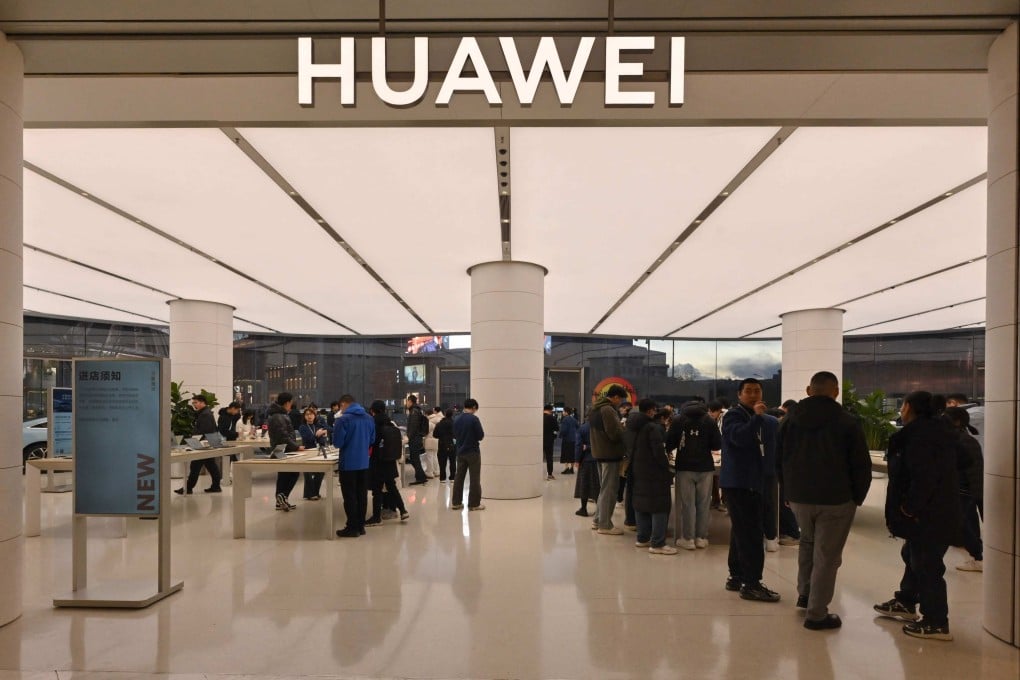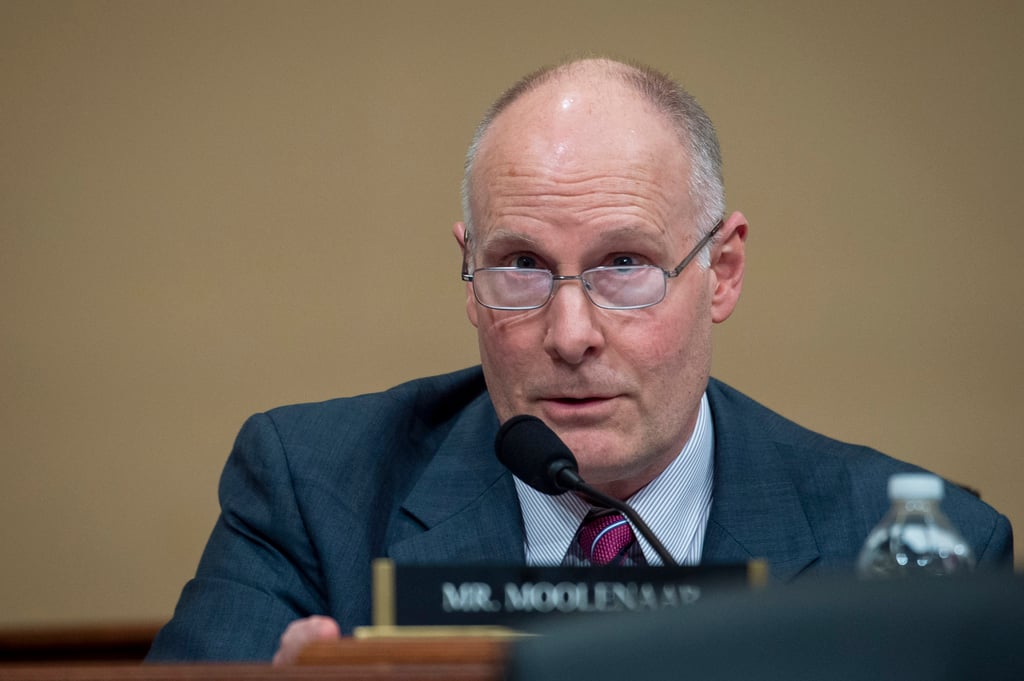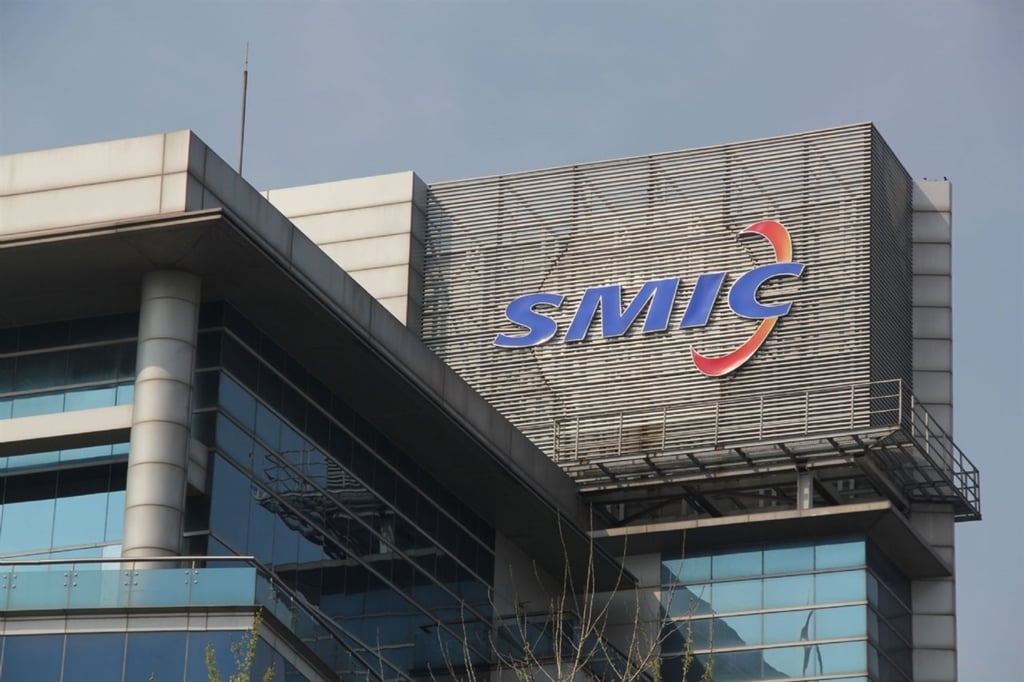Republican China panel chair slams US chip curbs for Huawei ‘loopholes’
The rules effectively deny all shipments to SMIC’s facility in Beijing, but allow ‘case-by-case’ sales of specific items to SMIC in Shanghai

A key House Republican criticised the Biden administration’s latest attempt to curtail China’s chipmaking ambitions, saying US rules unveiled Monday leave loopholes that will let Chinese companies like Huawei Technologies continue acquiring American technology.
Representative John Moolenaar, who chairs the chamber’s China Select Committee, expressed his concerns in a letter Wednesday to Commerce Secretary Gina Raimondo. He said parts of the new export controls give Chinese firms leeway to avoid sanctions, citing a provision that focuses on certain production facilities of firms like Semiconductor Manufacturing International Corp, Huawei’s chipmaking partner, applying different restrictions to different parts of the company.
Moolenaar praised other measures – such as restrictions on the export of high-bandwidth memory chips, which are essential to AI – but questioned why President Joe Biden’s administration took no action against ChangXin Memory Technologies, which is trying to develop the same AI memory chip technology. Some Biden officials had pushed to add CXMT to the so-called entity list, Bloomberg News has reported, but the latest curbs ultimately stopped short of tougher measures previously considered.

Moolenaar asked Commerce officials to “preserve all documents and communications” relating to the new controls, so that president-elect Donald Trump’s team can “can properly identify any other loopholes” – signalling that Republicans could seek tougher measures when Trump returns to the White House in January.
The rules build on years of trade restrictions targeting Beijing’s semiconductor ambitions, including curbs on memory chips, semiconductor manufacturing equipment and leading-edge logic chips, which serve as the brains of devices. The Commerce Department’s Bureau of Industry and Security has also added 384 Chinese entities to a trade restriction list – the same number Trump did in his first term, according to a new report – including more than 100 Chinese chip tool companies added Monday. That designation bars those companies from buying American technology without a license.
But, Moolenaar said, the specific licensing requirements applied to certain Huawei suppliers “raise real questions about the culture at BIS and why BIS continues to facilitate shipments of US technology” to Chinese companies. For example, while the rules effectively deny all shipments to SMIC’s facility in Beijing, they allow “case-by-case” sales of specific items to SMIC in Shanghai, he said.

The rules also differ slightly for three Huawei-linked chipmakers: Qingdao Si’En, SwaySure and Shenzhen Pensun Technology, or PST. While sanctions against Qingdao Si’En apply a so-called presumption of denial policy for license applications, the latter two firms will undergo “case-by-case review” for technology not covered by broader US export controls.
